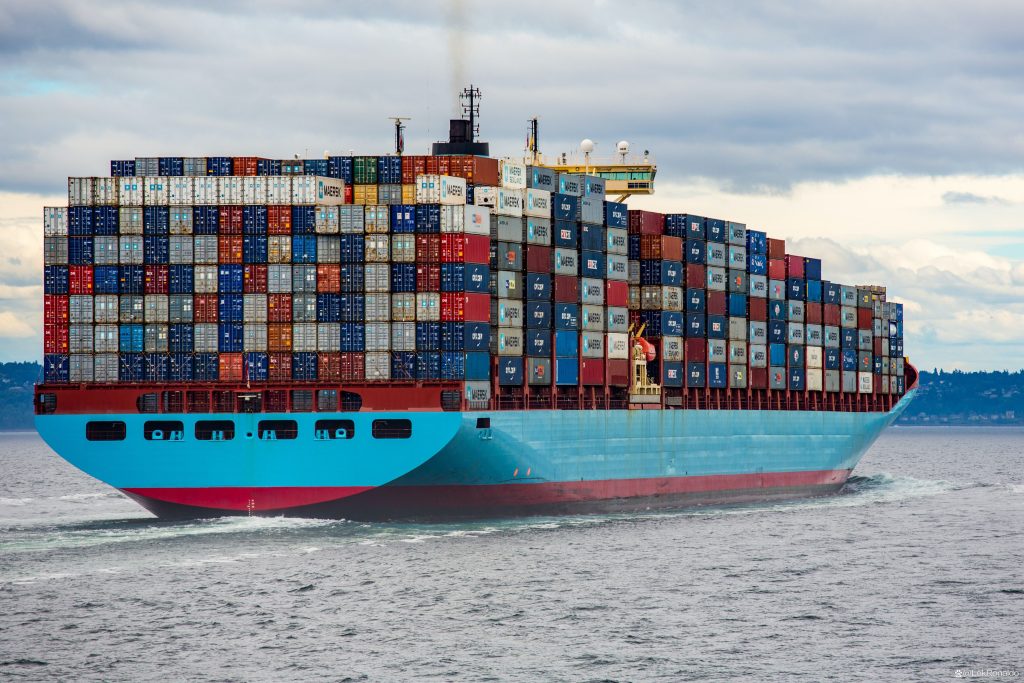
Shipping goods from China to Argentina involves navigating complex trade regulations, diverse shipping routes, and logistical challenges unique to South America’s second-largest economy. Whether you’re exporting manufactured goods, agricultural equipment, or consumer products, partnering with a specialized freight forwarder ensures compliance, cost efficiency, and seamless delivery. This guide unpacks key considerations, from shipping methods and customs requirements to cost-saving strategies and risk mitigation.
- Shipping Methods: Air Freight vs. Ocean Freight
Selecting the right transportation mode is critical for balancing speed, cost, and cargo type.
- Air Freight:
Ideal for urgent or high-value shipments, air freight delivers goods to Argentina in 5–8 days via major hubs like Buenos Aires’ Ezeiza International Airport (EZE). However, air cargo comes with higher tariffs and strict weight/size limits. Best for time-sensitive goods like electronics, pharmaceuticals, or perishables. - Ocean Freight:
The most economical option, ocean shipping takes 30–45 days via routes through the Panama Canal or Suez Canal. Full container load (FCL) or less-than-container load (LCL) options accommodate varying shipment sizes. Ocean freight is preferred for bulk goods like machinery, textiles, or raw materials.
Pro Tip: Opt for air freight during peak seasons (e.g., Black Friday) or for fragile goods requiring expedited handling.
- Customs Compliance and Documentation
Argentina enforces strict customs regulations under Mercosur (Southern Common Market) standards. Key requirements include:
- Commercial Invoice: Detailed item descriptions, value, and harmonized system (HS) codes.
- Bill of Lading (B/L): Issued by the carrier, specifying cargo details and consignee information.
- Import Declaration Form (DUA): Mandatory for customs clearance, filed electronically via Argentina’s AFIP portal.
- Certificate of Origin: Confirms manufacturing country; may require issuance by a chamber of commerce.
- Phytosanitary Certificates: Required for agricultural or food products.
Failure to comply with Argentina’s strict labeling, tariff, or valuation rules can lead to delays, fines, or cargo seizures. A freight forwarder ensures documentation accuracy and manages AFIP declarations to avoid penalties.
- Challenges and Solutions for Argentina Shipments
A. Customs Delays and Tariff Complexity
Argentina’s tariffs vary by product category and origin, with additional taxes like the Impuesto al Valor Agregado (IVA) at 21%. Import restrictions on used goods, electronics, and agricultural products require prior authorization. Partner with a forwarder to pre-clear shipments and leverage free trade agreements (e.g., China-Argentina FTA for select goods). B. Port Congestion and Infrastructure
Key ports like Buenos Aires and Rosario face periodic congestion due to weather or logistical bottlenecks. Transshipment via Montevideo (Uruguay) or Santos (Brazil) may optimize timelines. C. Currency and Payment Risks
Argentina’s fluctuating currency (ARS) and capital controls complicate transactions. Use letters of credit or escrow services to mitigate financial risks.
- Key Services Offered by Freight Forwarders
A professional freight forwarder provides end-to-end solutions tailored to Argentina’s unique requirements:
- Customs Brokerage: Manages AFIP filings, tariff classification, and duty payments.
- Door-to-Door Logistics: Coordinates inland transportation from Argentine ports to final destinations.
- Track-and-Trace Systems: Real-time updates via EDI integration with carriers and customs.
- Trade Compliance: Advises on Mercosur regulations, sanctions, and restricted items (e.g., dual-use technologies).
- Cost Considerations
Shipping costs depend on cargo type, weight, and routing. Additional expenses include:
- Freight Forwarding Fees: Typically 5–10% of total shipment value.
- Ocean Freight Charges: Include terminal handling fees (THC) and fuel surcharges.
- Duties and Taxes: Average 15–30% of CIF (Cost, Insurance, Freight) value, varying by HS code.
- Inland Transportation: Costs for trucking cargo from Buenos Aires port to inland cities like Córdoba or Mendoza.
Request a detailed quote to compare options and avoid hidden fees.
- Frequently Asked Questions
Q: How do I avoid delays at Argentine customs?
A: Ensure accurate documentation, use pre-approved HS codes, and work with a forwarder familiar with AFIP procedures.
Q: What’s the best way to ship perishable goods to Argentina?
A: Use air freight with temperature-controlled containers and prioritize expedited customs clearance.
Q: Are there restrictions on used machinery imports?
A: Yes, used equipment often requires certification and inspections. Confirm eligibility with SENASA (National Food Safety and Quality Service).
Conclusion
Navigating China-to-Argentina logistics requires expertise in Mercosur regulations, customs procedures, and regional port dynamics. By partnering with a freight forwarder, businesses gain access to streamlined clearance, cost-effective routing, and risk management strategies. Whether shipping industrial components or consumer goods, professional logistics support ensures timely, compliant deliveries while minimizing overhead.
Optimize Your China-Argentina Supply Chain
Focus on growth while experts handle the intricacies of cross-border shipping—from documentation to last-mile delivery. A trusted freight forwarder bridges the gap between global trade and local compliance.
